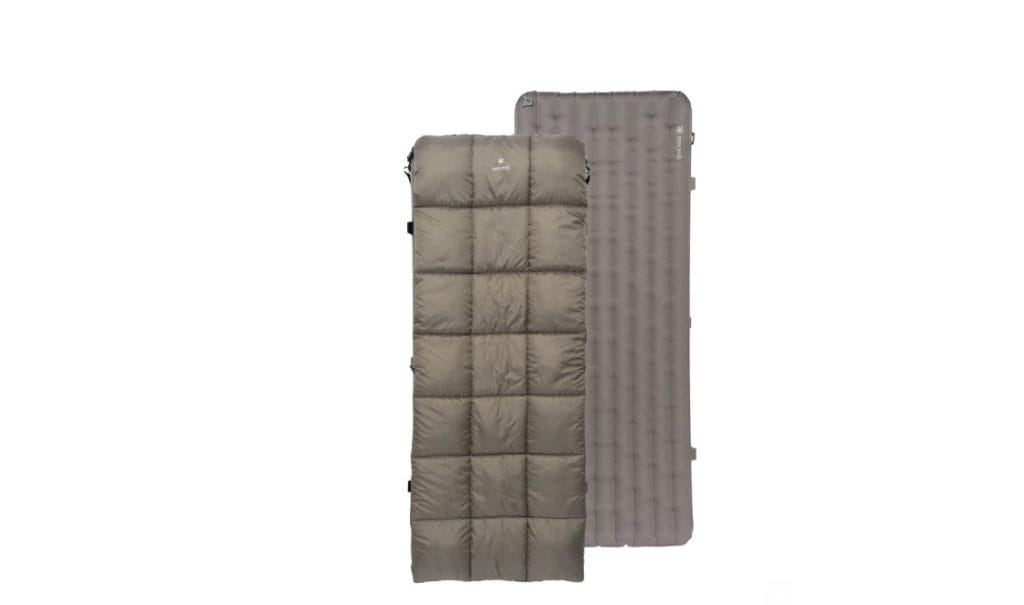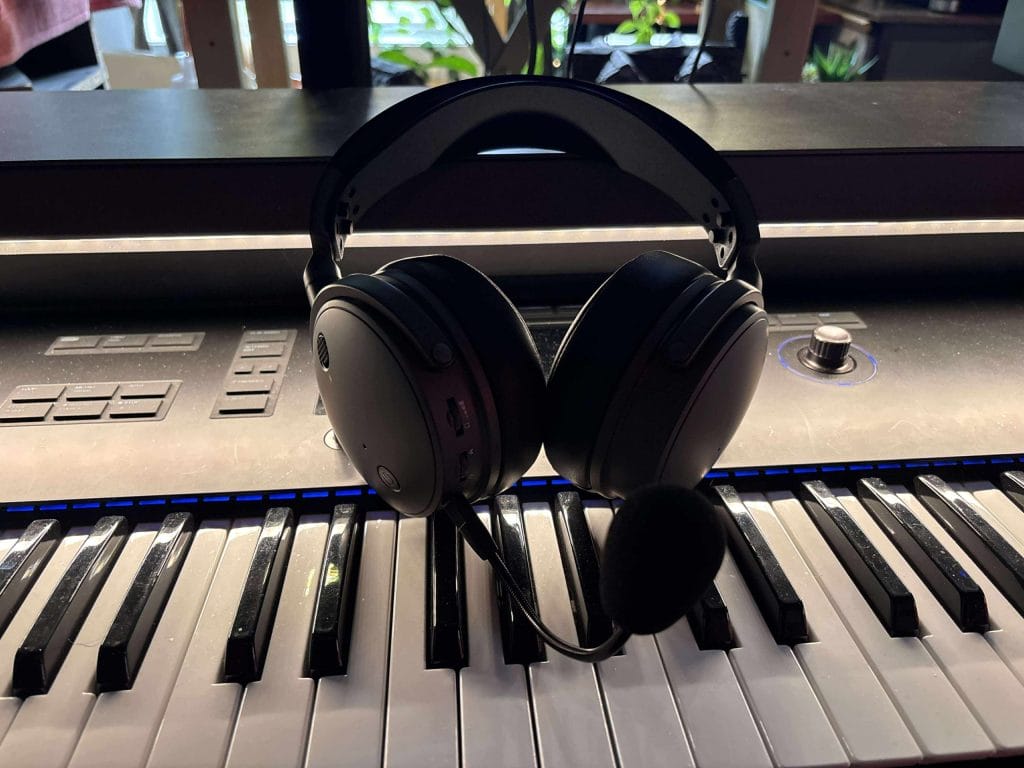Table of Contents
I have spent the past few weeks using the Audeze Maxwell across gaming sessions, music listening, and even some production work, and it has been the kind of headset that takes over your desk without you realizing it. I initially wanted to check it out(thank you, Audeze, for sending) because I wanted to see if it was something that could handle competitive gaming while also giving me studio-level sound when I wasn’t playing.
After living with it, I’ve found that it not only holds up to its marketing but ends up replacing several other headphones I used to rotate between. And this is even after learning that these dropped officially well over a year ago!
The first thing that hit me is how seamless it feels to move between tasks. I’ve gone from long gaming marathons playing Classic WoW and Total War: Warhammer 3 to late-night Ableton sessions without ever feeling like I needed to swap it out for something else. It always held up amazingly, running my D&D crew through a few sessions of our Tomb of Annihilation campaign on Discord, and those sessions can get long AF. The level of detail you get with the Maxwell changes how you hear games, but it also translates perfectly to music. That is what made me stick with it long enough to really see how it fits into daily use.
This review comes from that kind of day-to-day perspective. I am not interested in rattling off a list of specs because you can find that on the product page. Instead, and instead would rather focus on what it’s been like actually using the Maxwell every single day, from how it feels after hours of wear to how well the features hold up when you stop thinking about them and simply use the headset.
Setup and Build Quality
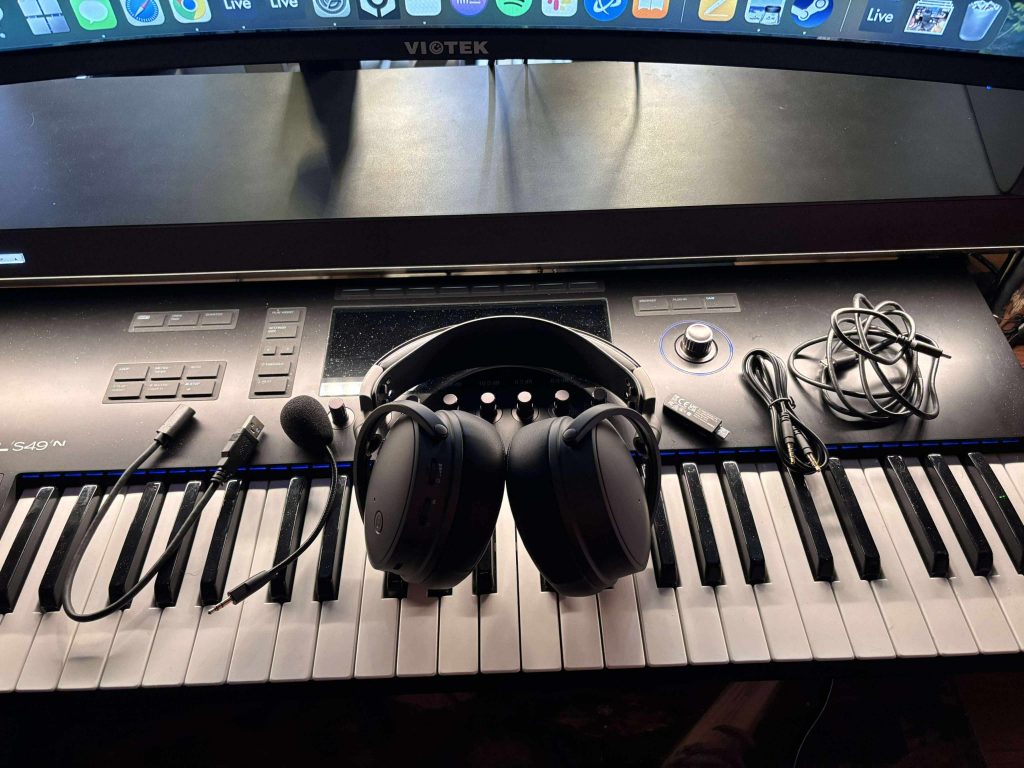
Right out of the box, the Maxwell felt like a piece of gear that was made to be used, not babied. And sure, that comes with a cost that we’ll chat about later, but these things “feel” luxurious and battle-ready (for lack of a better term). The chassis is reinforced with aluminum and steel, which immediately gives it a level of durability I appreciated. I’ve owned gaming headsets in the past that felt more like toys, but this one sits closer to the build quality of studio headphones I’ve used for years.
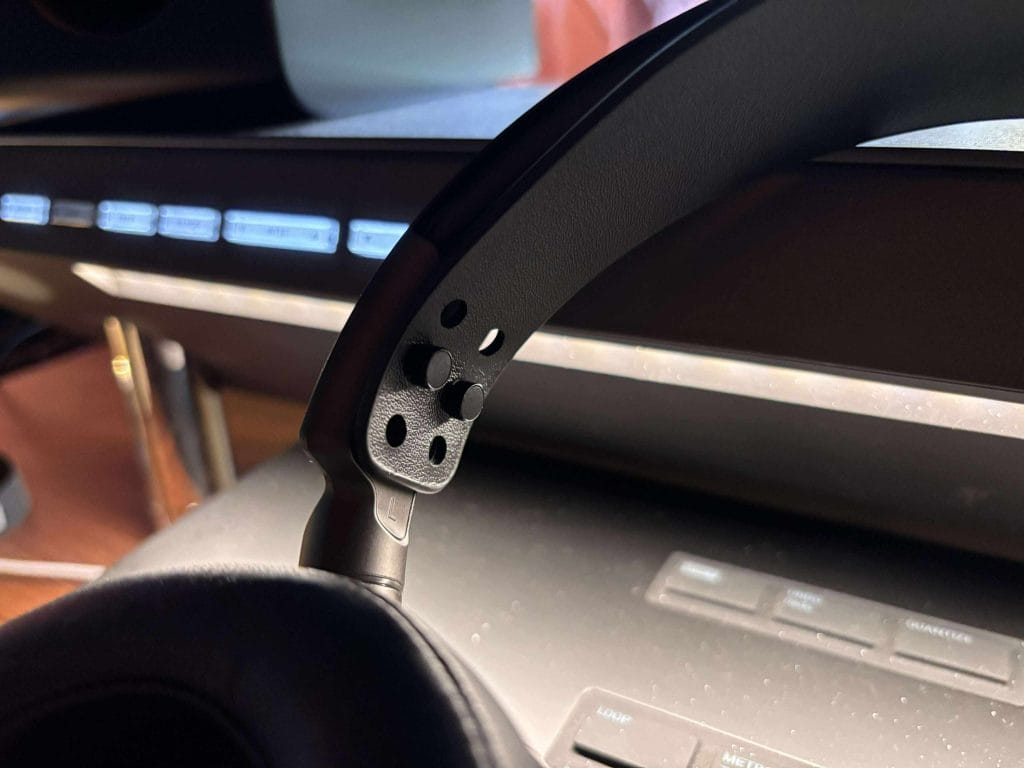
The headband’s suspension strap made a bigger difference than I expected, especially during long sessions where comfort usually starts to break down.
Setting it up was straightforward. The USB-C wireless dongle connected without any hassle, and I was up and running in under a minute. Switching between wired and wireless modes was equally simple, which is something I care about because I bounce between PC gaming, console gaming, and production work. Bluetooth multipoint is also handled well, and I was able to pair my phone alongside my PC without any lag or dropped connections.
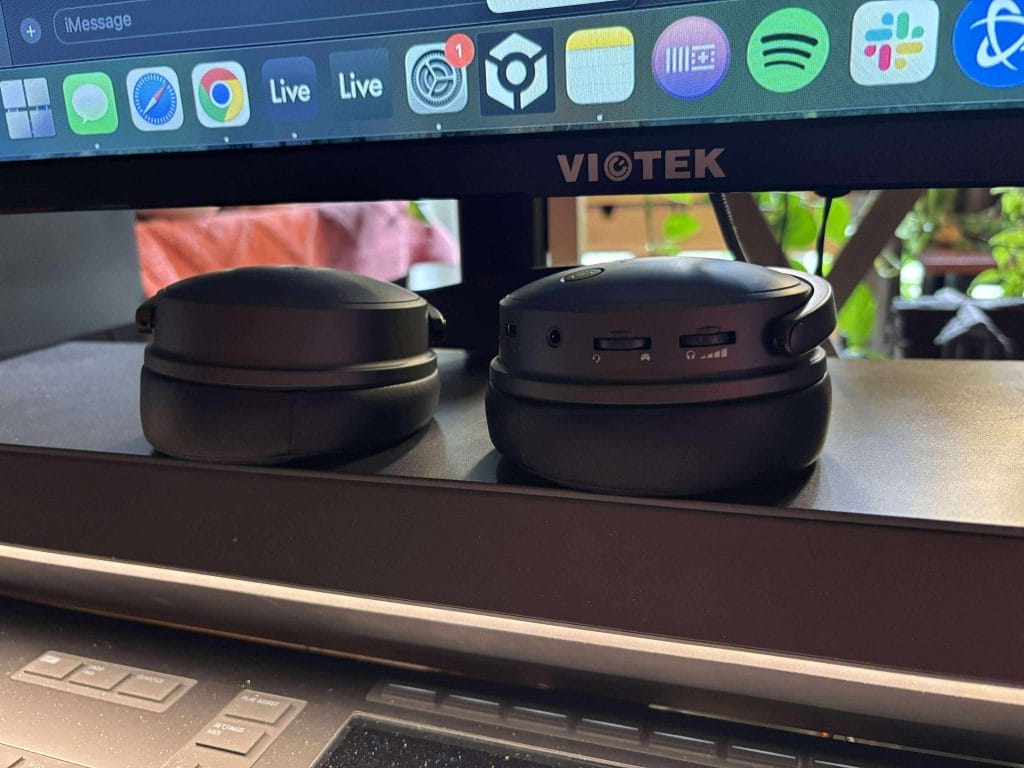
From a practical standpoint, the physical controls on the headset deserve credit. I thought that the dials feel responsive, and the buttons are placed in spots that you can actually reach without fumbling around. The physical mute switch, in particular, is one of those small but meaningful quality-of-life features. It’s quick, clear, and avoids the kind of software-based mic toggles that often slow you down.
Audio Performance
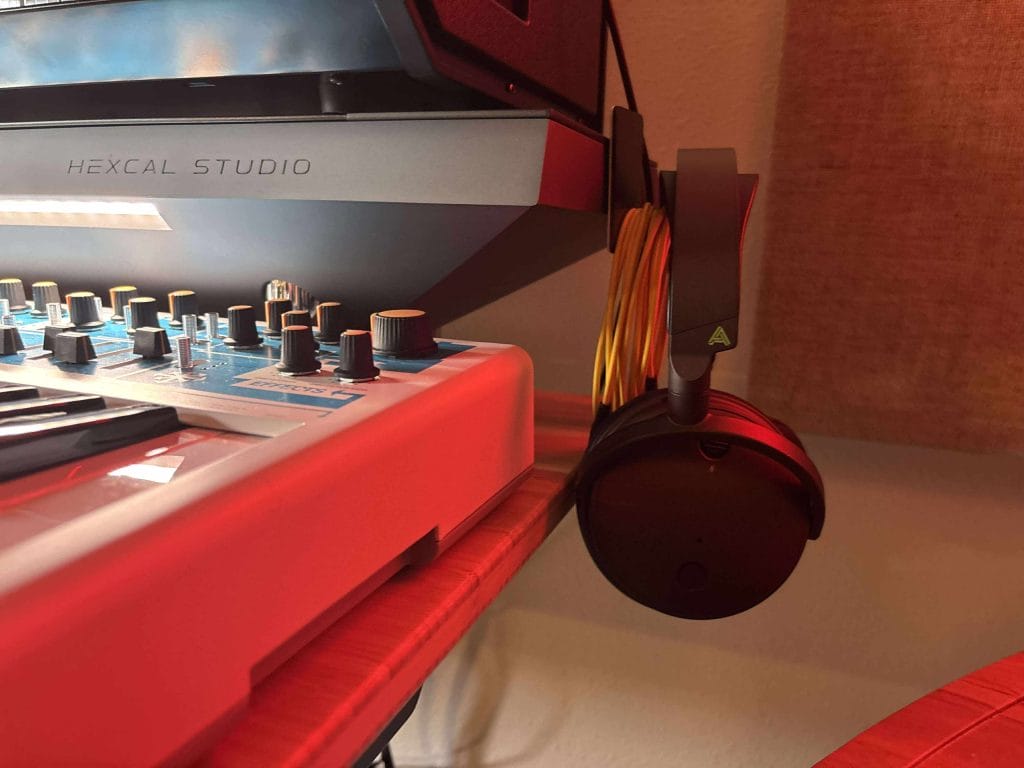
The 90mm planar magnetic drivers are what made me curious about the Maxwell in the first place. Planar drivers have a reputation for revealing detail that traditional dynamic drivers can miss, and Audeze’s tuning on these is immediately noticeable. The first time I loaded into a game with this headset, I was able to pick out positional cues with a level of clarity that felt natural instead of exaggerated.
For music, that same precision carried over.
I ran the Maxwell through my usual reference tracks and was impressed at how clean the low-end felt without getting bloated. The mids sit exactly where they should, and the top end has a clarity that doesn’t push into harshness. I’ve even used the headset to double-check some mixes, and while it’s not going to replace proper studio monitors, it gives you a level of trust in what you’re hearing that most gaming headsets don’t offer.
This is also a headset that rewards EQ.
The Audeze HQ app is well-designed, and the fact that EQ profiles save directly to the headset means that once you’ve dialed in your preferred settings, they carry over across every device without ever needing to reopen the app. And as much as I hate hardware that needs an app to adjust further or optimize, this personal gripe was helped a bit simply by how much it legit did improve the functionality and flexibility of these cans. Small tweaks can significantly alter how this headset performs for various tasks, whether that’s enhancing footsteps in competitive shooters or refining the frequency balance for music listening.
Battery Life and Connectivity
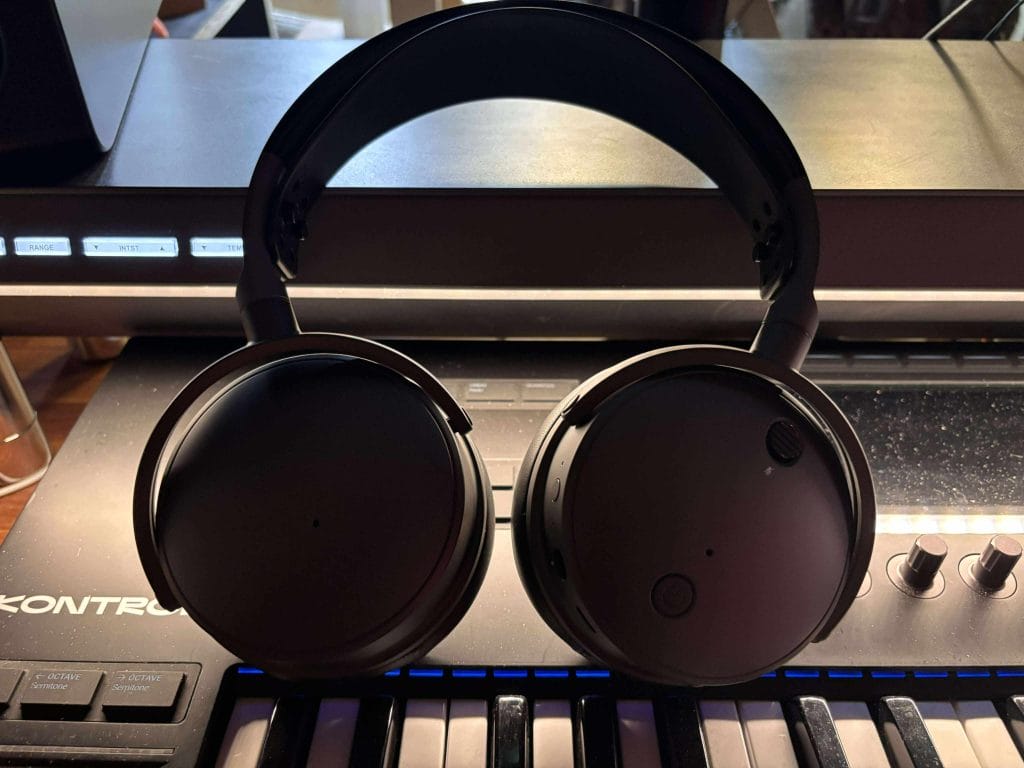
The battery life on the Maxwell is one of its biggest strengths. A full charge lasted me several days of heavy use, and the fast-charge feature genuinely does what it claims. Plugging it in for twenty minutes gave me an entire day of uninterrupted gaming and listening which was damn imrpessive.
Wireless performance is equally strong. Between the low-latency 2.4 GHz dongle, Bluetooth 5.3, and USB-C wired support, switching between platforms has been seamless. I’ve moved between PC, consoles, and mobile without ever feeling like I needed multiple headsets. The connection is stable, and I’ve walked into another room without experiencing dropouts or lag. That level of reliability is what makes the Maxwell easy to integrate into a daily setup and then forget about.
Comfort and Practical Use
At 490g, the Maxwell is heavier than many gaming headsets, and that weight does show up during extended sessions. The headband and suspension strap do a solid job of distributing it, but it takes a few days to get used to. The clamp force is firm but secure, and once I adjusted, I stopped thinking about it. So yeah, it’s heavy but with that weight comes that luxurious and battle-ready vibe I was talking about earlier in the piece.
The ear pads provide solid passive noise isolation, though they won’t block out loud environments completely. For late-night gaming or focused music sessions, the isolation was more than enough, and while they can warm up during long stretches, this is something I’ve run into with nearly every closed-back headset.
Microphone and Communication
The detachable boom mic is clear enough for gaming and calls, and the FILTER AI noise reduction tech does exactly what it should, cutting background noise without making your voice sound processed. I wouldn’t use it for content creation, but for Discord, competitive games, and even the occasional meeting, it has been completely reliable.
The built-in beamforming mics are a convenient bonus. I didn’t always want to attach the boom mic, especially if I was only hopping into a quick chat, but the onboard mics handled those situations without issue.
Spatial Audio and Platform Compatibility
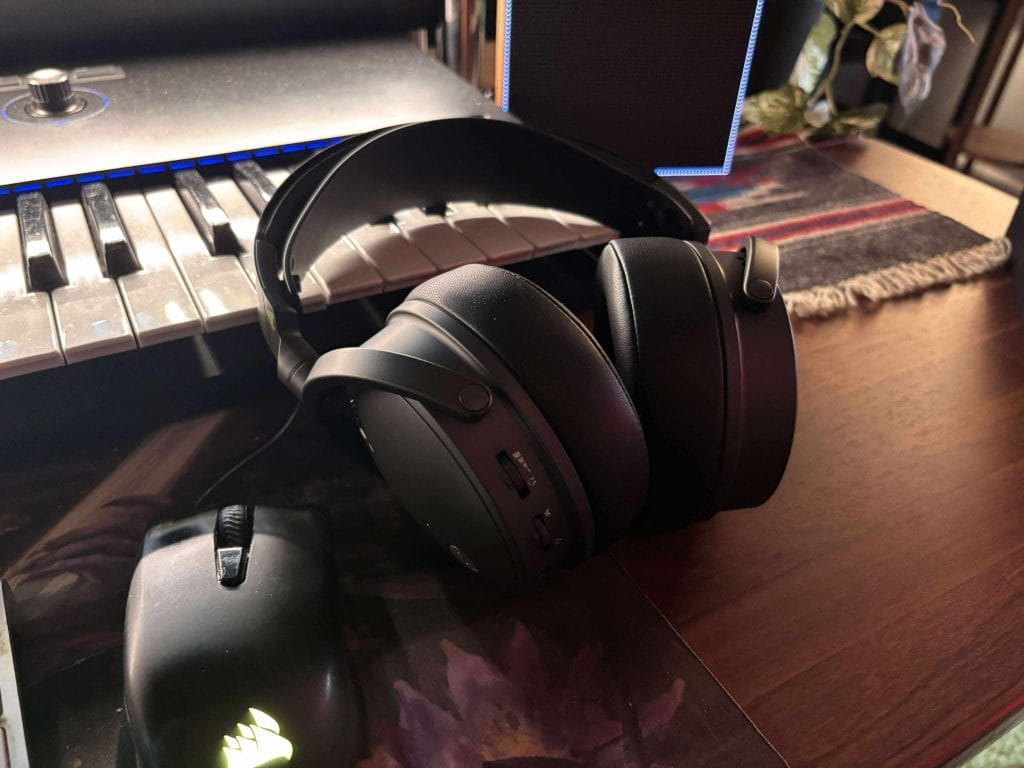
Spatial audio is another area where the Maxwell stands out. Dolby Atmos on the Xbox version and Tempest 3D audio specifically on PlayStation add a sense of positional accuracy that genuinely helps during competitive play. On PC, I even tested the Dolby Atmos head-tracking feature Audeze added through a firmware update. While it’s niche, it’s surprisingly useful for checking spatial placement in mixes, which shows how much this headset can stretch beyond pure gaming use.
Platform compatibility has also been rock solid. One headset, every device, zero juggling.
Editor’s Choice Award
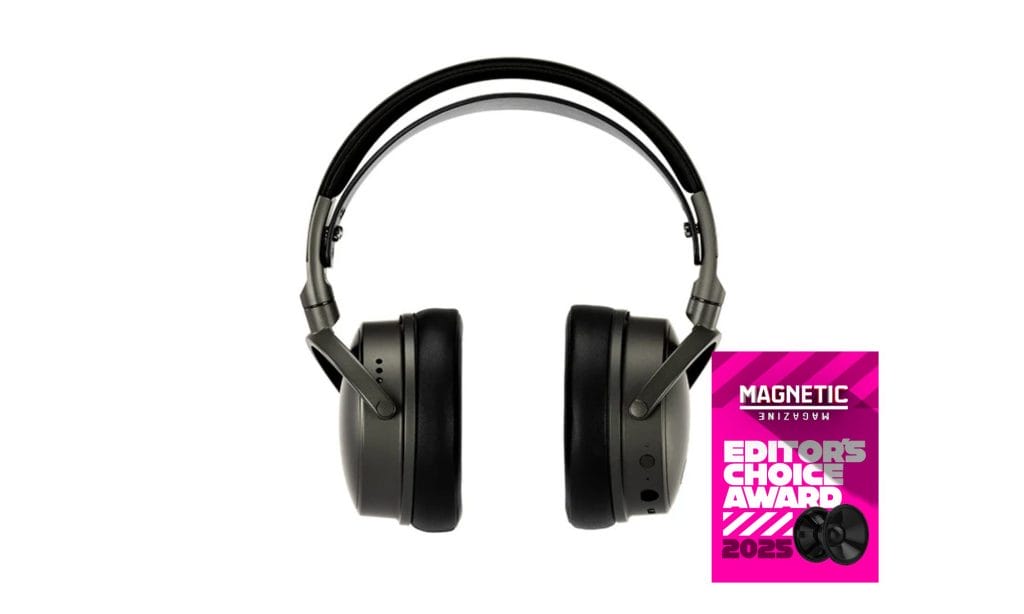
We normally reserve the Editor’s Choice Award for newly released products, but the Audeze Maxwell earns it without question.
Even in 2025, this headset remains a legacy powerhouse in gaming audio. Ongoing firmware updates, features like Dolby Atmos head-tracking, and its ability to function across gaming, music, and production make it one of the few headsets that has stayed relevant well past its launch. After weeks of real-world use, it’s clear why this headset continues to deserve recognition.
Final Thoughts
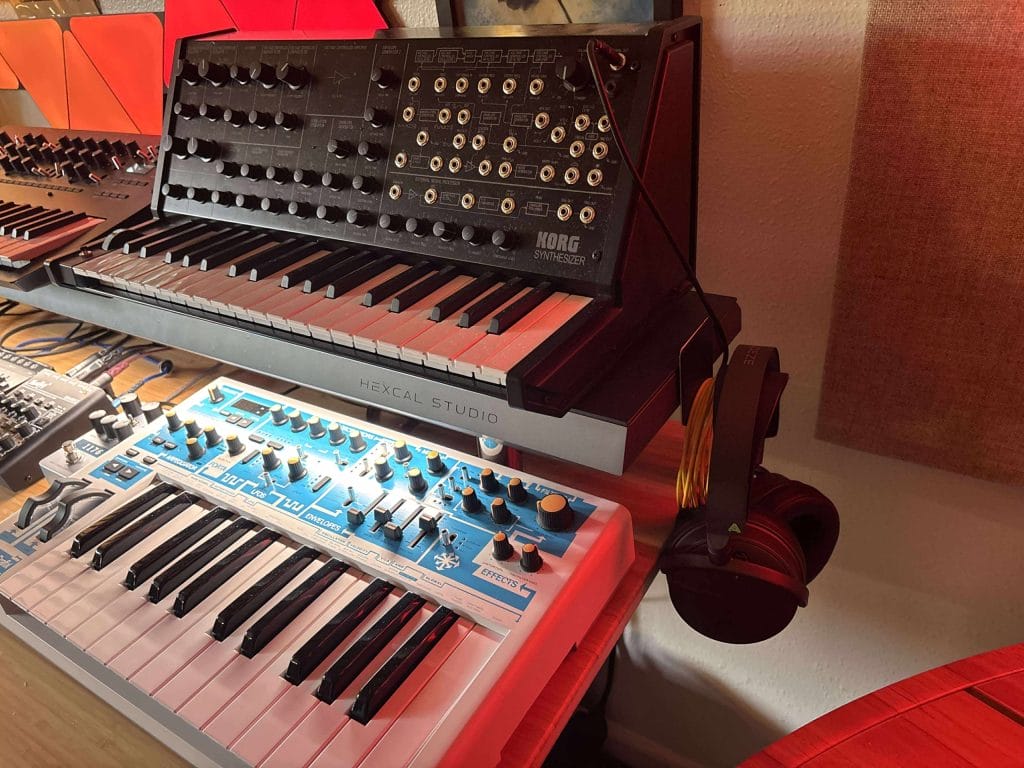
The Audeze Maxwell is the first wireless gaming headset I’ve used that I would recommend without hesitation to anyone who wants one device for gaming, music, and even production. Its sound quality, comfort, and feature set are strong enough to make it the headset I keep reaching for every day.
It isn’t perfect – the weight and clamp force take some getting used to – but once it settles in, it feels like part of your setup. Audeze has built a headset that has not only aged well but has continued to improve over time. After weeks of testing, the Maxwell has more than earned its spot on my desk and the Editor’s Choice badge that comes with it.
Pros and Cons

Pros
- Exceptional sound quality with planar magnetic drivers
- Reliable wireless performance across platforms
- EQ profiles save directly to the headset
- Excellent battery life with fast-charging
- Durable, well-built design
- Dolby Atmos head-tracking support
- Multiplatform compatibility (PC, consoles, mobile)
- Physical mute switch for convenience
- Meaningful firmware updates that add features
- High overall value at $299
Cons
- Heavy design (490g) can lead to fatigue over time
- Firm clamp force may require adjustment
- Ear pads can run warm during extended sessions
- Isolation is good but not absolute in noisy spaces
- Microphone is functional but not studio-grade
- Less portable due to weight and size
The post Even in 2025, the Audeze Maxwell’s Is Miles Ahead of Most Gaming Headsets [Review] appeared first on Magnetic Magazine.




